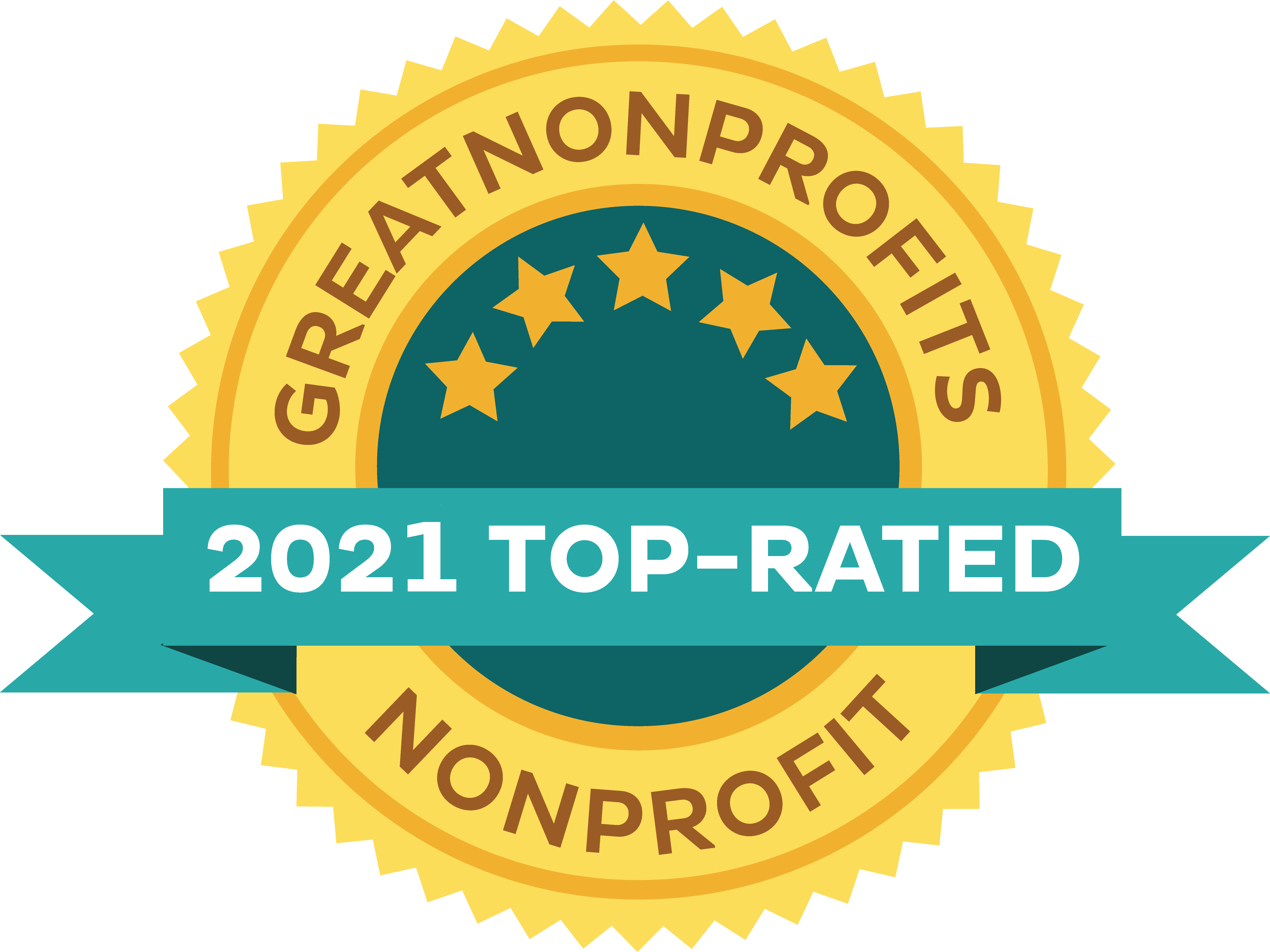Inspiring innovation from tradition. This core belief of the Institute is valid not only for research -- recovering the ancient practice of therapeutics as a basis for new discoveries --, but also for education. The Institute aims to inspire the next generation and to engage students at any stages of their career into the study of tradition as an emerging field of scientific and humanistic research.
Last May, CEO Emanuela Appetiti and Scientific Director Alain Touwaide spent one week at Bastyr University (Kenmore, WA), which is specialized in natural medicine. Besides delivering the first William A. Mitchell, Jr., Memorial Lecture for Botanical Medicine, a brown bag lecture and a set of classes, Touwaide and Appetiti interacted closely with Bastyr Faculty and students, all the more because they were in residence on Bastyr campus. They had multiple opportunities to discover the many facets of the university, from its garden of medicinal plants to its lab of herbalism, and, conversely, to present the vision of the Institute, its activity and its programs to Bastyr's community. Since then, several members of Bastyr have already applied to do research at the Institute and one of them will be in residence as early as this August.
Following Touwaide and Appetiti's presentation in April 2011 at the 10th yearly conference of the National Center for Natural Product Research (NCNPR) at the University of Mississippi, Oxford (MS), the Institute has entered into an agreement with NCNPR for a research on the circulation-- and cross-pollination--of different medical and therapeutic traditions between the Mediterranean and the Far East in Antiquity and the Middle Ages.
At the same time, the Institute is pursuing its contacts to identify other interested partners and opportunities to expand its teaching activity. While at Bastyr, Touwaide and Appetiti have visited the University of Washington, both the Department of Classics and the Medical School. Also, the Institute is making inquiries, from the Greater DC area to the West Coast, and is receiving expressions of interest from several universities and colleges, some of which come from overseas, including the American School of Archaeology in Athens, Greece, the UAB University of Barcelona and the University of Granada, both in Spain, the University of Louvain and the Academy of Belgium.
Some students have taken the lead and have spontaneously contacted the Institute. They are now in residence for a ten-week intensive internship during which they perform independent research under the supervision of the Institute's Scientific Director. Their topics are related to--and complement--the major programs of the Institute, and take advantage of the library and documentary resources accumulated by the Institute's founders. In so doing, they also contribute to the summer reordering of the library.
Connections, expressions of interest, fresh research by young students, reordering the library, and many other activities detailed or not in this issue of Archaia/Nea are all signs of a constant growth and dynamism that allow the Institute to look forward to the future with optimism. Archaia/Nea will keep you informed.


